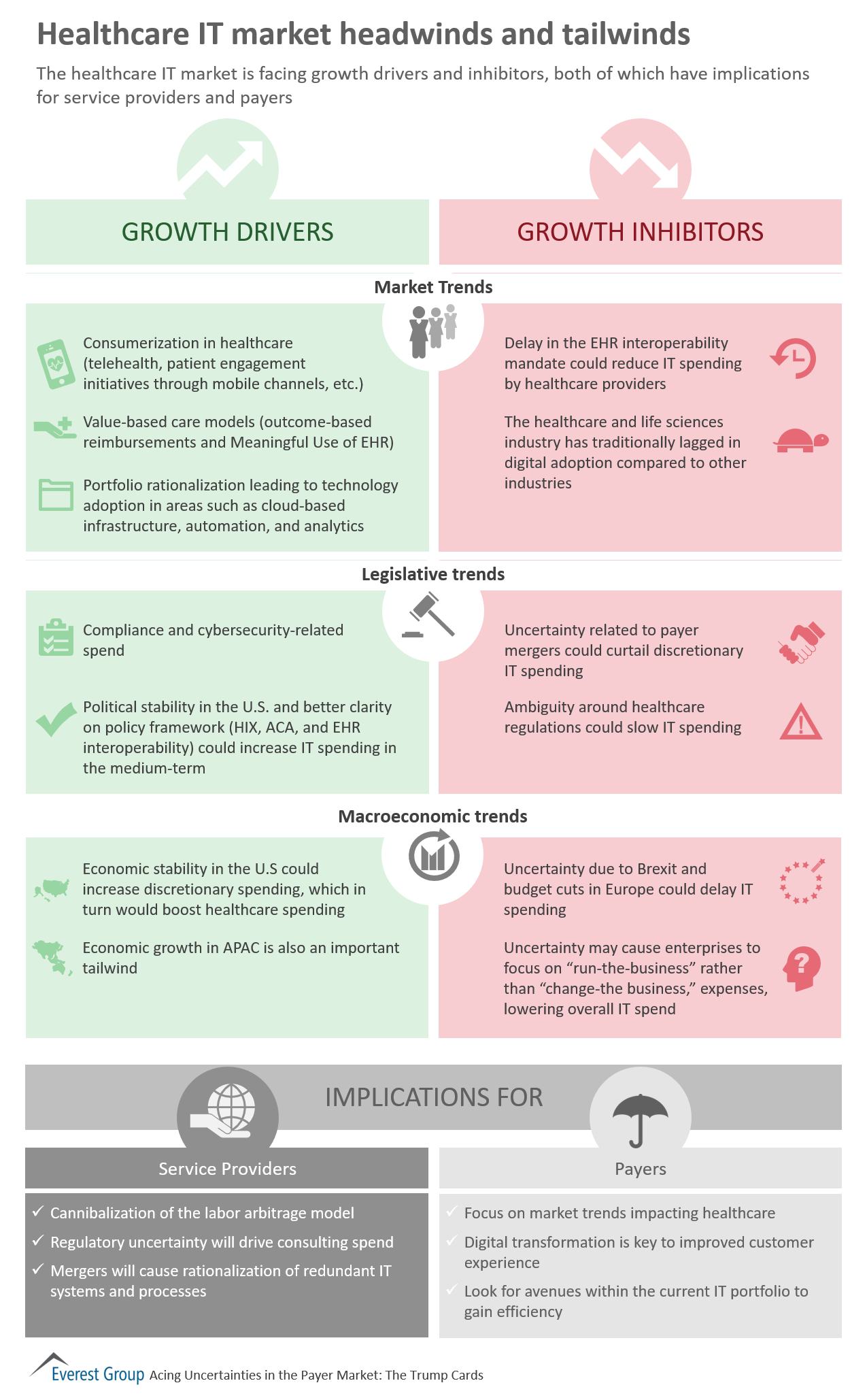The China Market: Headwinds For BMW, Porsche, And Premium Automakers

Table of Contents
Intensifying Domestic Competition
The rise of domestic Chinese brands such as BYD, Nio, and Xpeng is dramatically reshaping the competitive landscape. These ambitious automakers are rapidly gaining market share, posing a serious threat to established premium players. Their success stems from several key factors:
-
Superior technology integration in Chinese EVs: Domestic brands are leveraging cutting-edge battery technology, advanced driver-assistance systems (ADAS), and sophisticated infotainment systems, often surpassing their foreign counterparts in certain areas. This technological prowess is particularly appealing to tech-savvy Chinese consumers.
-
Aggressive pricing strategies from domestic brands: Chinese automakers are employing competitive pricing strategies, offering comparable features and performance at lower price points than many premium foreign brands. This price advantage is a significant draw for a growing segment of the Chinese market.
-
Growing consumer preference for domestic brands due to patriotism and brand familiarity: A surge in national pride and a preference for supporting local industries are boosting the popularity of domestic brands. This shift in consumer sentiment is a significant factor influencing purchase decisions.
-
Increased investment in R&D by Chinese automakers: Significant investments in research and development are enabling Chinese automakers to rapidly innovate and improve their product offerings, narrowing the technological gap with established premium brands. This continuous improvement is key to their growing competitiveness.
Shifting Consumer Preferences
The preferences of Chinese consumers are evolving at a rapid pace, demanding a more agile and responsive approach from premium automakers. Key shifts include:
-
Demand for electric and hybrid vehicles surging: The Chinese government's strong push for electrification, coupled with growing environmental awareness, is fueling the demand for electric and hybrid vehicles. Premium automakers must accelerate their EV strategies to remain competitive.
-
Focus on advanced driver-assistance systems (ADAS): Chinese consumers are increasingly seeking vehicles equipped with advanced safety features like adaptive cruise control, lane-keeping assist, and automatic emergency braking. ADAS is no longer a luxury, but a crucial selling point.
-
Importance of digital connectivity and infotainment features: Seamless connectivity, intuitive user interfaces, and advanced infotainment systems are essential for attracting tech-savvy Chinese consumers. Premium brands must offer top-tier digital experiences to remain relevant.
-
Growing demand for customized options and personalized services: Chinese consumers are increasingly seeking personalized experiences, from bespoke vehicle configurations to tailored after-sales services. A focus on customization is crucial for building brand loyalty.
Economic Slowdown and Geopolitical Uncertainty
The current economic slowdown in China, coupled with ongoing geopolitical uncertainties, presents further challenges for premium automakers.
-
Impact of reduced consumer spending on luxury purchases: Economic uncertainty can lead to decreased consumer confidence, impacting sales of luxury goods, including premium automobiles. Automakers must adapt their strategies to navigate periods of reduced consumer spending.
-
Uncertainty related to trade policies and regulations: Changes in trade policies and regulations can impact import tariffs, logistics, and overall market stability, creating uncertainty for businesses operating in the Chinese market. Careful monitoring and strategic planning are crucial.
-
Supply chain disruptions and their effect on production and sales: Global supply chain disruptions can impact production timelines and vehicle availability, affecting sales and potentially leading to lost revenue. Robust supply chain management is crucial for mitigating these risks.
-
The influence of global economic instability on the Chinese market: Global economic instability can exacerbate existing challenges, further impacting consumer confidence and market conditions. A proactive and flexible approach is needed to adapt to these external factors.
Regulatory Hurdles and Policy Changes
The regulatory landscape in China is constantly evolving, presenting further hurdles for premium automakers.
-
Stringent emission standards and their impact on vehicle development: China's increasingly stringent emission standards necessitate significant investments in research and development to ensure compliance. Meeting these standards is critical for market access.
-
Increasingly complex safety regulations and testing requirements: Rigorous safety regulations and testing procedures add to the complexity and cost of bringing vehicles to market in China. Compliance with these regulations is essential for maintaining a license to operate.
-
Import tariffs and their effect on pricing and profitability: Import tariffs can significantly increase the price of imported vehicles, impacting profitability and competitiveness. Strategic planning is crucial to mitigate the impact of these tariffs.
-
Navigating the evolving rules and regulations of the Chinese government: The dynamic nature of Chinese regulations requires close monitoring and proactive adaptation to ensure continued compliance and avoid potential penalties. Building strong relationships with government agencies is essential.
Strategies for Success in the China Market
To overcome these challenges and maintain a foothold in the lucrative Chinese market, premium automakers must adopt a multi-pronged approach:
-
Investment in local production and partnerships: Establishing local production facilities and forging strategic partnerships with local companies can reduce costs, enhance efficiency, and improve market access.
-
Development of electric vehicles tailored to the Chinese market: Developing electric vehicles specifically designed for the Chinese market, incorporating desired features and technologies, is crucial for competing with domestic brands.
-
Focus on building strong relationships with local dealers and distributors: A strong dealer network is essential for effective sales and after-sales service. Building trust and collaboration with local partners is crucial for success.
-
Prioritizing digital marketing and engagement with Chinese consumers: Effective digital marketing strategies are essential for reaching and engaging Chinese consumers through their preferred channels.
Conclusion
The Chinese automotive market presents significant challenges for premium automakers like BMW and Porsche. Intensifying domestic competition, shifting consumer preferences, economic uncertainty, and regulatory hurdles create a complex and dynamic landscape. To succeed in the China market, premium automakers must adapt to the evolving demands of Chinese consumers, navigate the regulatory environment effectively, and develop strategies to compete with increasingly sophisticated domestic brands. Understanding the nuances of the China market and proactively addressing these headwinds is crucial for long-term success in this vital automotive market. Learn more about navigating the complexities of the China market and strategies for success for premium automakers.

Featured Posts
-
 Todays Mlb Game Brewers Vs Diamondbacks Prediction Betting Picks And Odds
May 28, 2025
Todays Mlb Game Brewers Vs Diamondbacks Prediction Betting Picks And Odds
May 28, 2025 -
 Prediksi Arus Balik Mudik Lebaran Ke Bali 5 And 6 April 2025
May 28, 2025
Prediksi Arus Balik Mudik Lebaran Ke Bali 5 And 6 April 2025
May 28, 2025 -
 Remembering Cassius Clays Golden Gloves Championship In Chicago
May 28, 2025
Remembering Cassius Clays Golden Gloves Championship In Chicago
May 28, 2025 -
 Satu Hektare Hijau Wawali Bagus Susetyo Kembangkan Taman Kota Balikpapan
May 28, 2025
Satu Hektare Hijau Wawali Bagus Susetyo Kembangkan Taman Kota Balikpapan
May 28, 2025 -
 Samsung Galaxy S25 128 Go Prix Caracteristiques Et Ou L Acheter
May 28, 2025
Samsung Galaxy S25 128 Go Prix Caracteristiques Et Ou L Acheter
May 28, 2025
Latest Posts
-
 Baker Park Shooting Murder Charges Filed Against Suspect In Seattle Mans Death
May 29, 2025
Baker Park Shooting Murder Charges Filed Against Suspect In Seattle Mans Death
May 29, 2025 -
 Man Suffers Gunshot Wound In Cherry Hill Neighborhood Fight
May 29, 2025
Man Suffers Gunshot Wound In Cherry Hill Neighborhood Fight
May 29, 2025 -
 Cherry Hill Shooting Man Injured Following Dispute
May 29, 2025
Cherry Hill Shooting Man Injured Following Dispute
May 29, 2025 -
 Man Shot In Cherry Hill Altercation Police Investigate
May 29, 2025
Man Shot In Cherry Hill Altercation Police Investigate
May 29, 2025 -
 Pioneer Square Shooting Leaves Three Dead Seattle Police Investigation
May 29, 2025
Pioneer Square Shooting Leaves Three Dead Seattle Police Investigation
May 29, 2025
